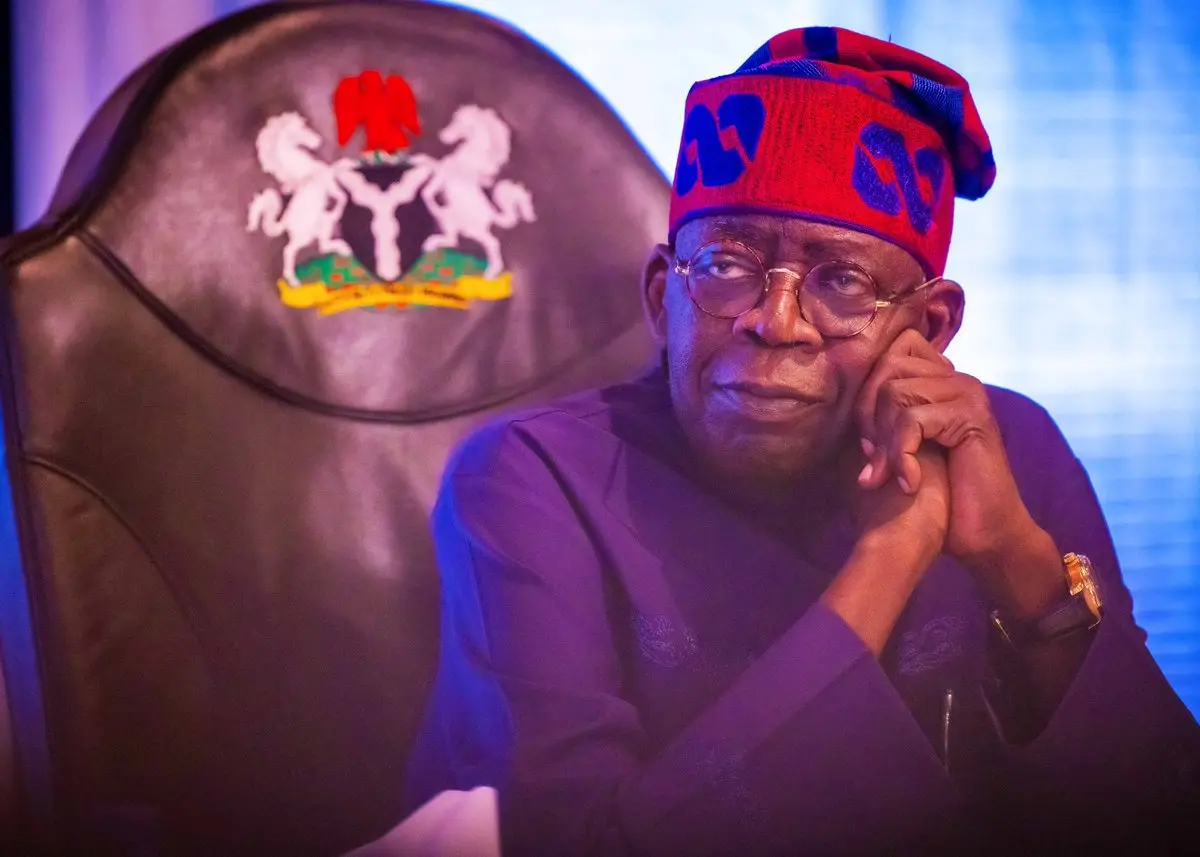Why Tinubu displays magisterial arrogance about my petition – Atiku
The presidential candidate of the Peoples Democratic Party (PDP), Atiku Abubakar has pointed out a lack of understanding of his petition for..

President Bola Ahmed Tinubu
Presidential Candidate of the Peoples Democratic Party (PDP), Atiku Abubakar, has pointed out a lack of understanding of his petition for President Bola Tinubu’s alleged magisterial arrogance.
Atiku’s response is contained in the final address filed before the Presidential Election Petitions Court through his lead counsel, Chris Uche (SAN).
The former vice president said Tinubu’s response to his petition as contained in his final written address reflects “a complete misconception and unfortunate misunderstanding, notwithstanding the magisterial arrogance, condescending cynicism and overbearing misanthropy with which he has sought to trivialise the petitioners’ case.”
“Furthermore, a subtle threat of apocalyptic catastrophe of national chaos and anarchy if judgement is not given in a particular manner cannot deter a court of law from doing justice. The court must do justice ‘rather let the heavens fall’.”
- Abuja Airport to commence enforcement of new toll fare August 1
- openopeneSweden squeeze past South Africa in World Cup open
Atiku cited the case of Amaechi vs INEC and others (2008) LPELR-446(SC) (Pp.67-68 paras. D), where the Justice Oguntade said, “I must do justice even if the heavens fall. The truth of course is that when justice has been done, the heavens stay in place.”
Atiku further submitted that Tinubu called only one witness, Senator Opeyemi Bamidele, to speak on his qualification and admitted that “the name of 2nd respondent (Tinubu) is the subject of the US forfeiture judgement admitted by the court as Exhibit PBF1. He admitted that the 2nd respondent (Tinubu) did not score 25 percent of the votes cast in the FCT in the election. The 3rd respondent (APC) did not call any witness in defence of the petition, thereby abandoning its pleadings.”
He further observed that despite the uniqueness of the new election management regime, INEac failed to call even one witness or person who “operated any aspect of the technological system including the IReV to give evidence or to even explain the nebulous ‘technical glitches.'”
